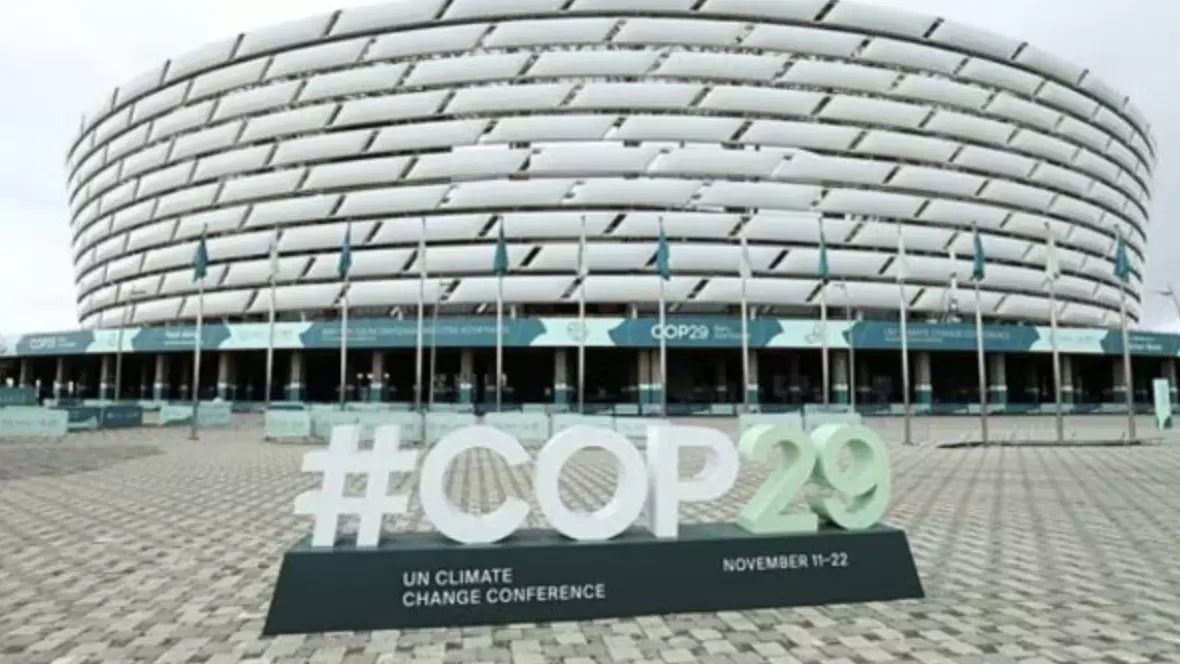Developing Nations draw a 'Super Red Line' amid climate finance stalemate at COP29
Developing Nations draw a 'Super Red Line' amid climate finance stalemate at COP29

The ongoing COP29 climate negotiations in Azerbaijan faced fresh tensions as developing nations voiced strong dissatisfaction over the perceived prioritization of developed countries' interests. Speaking for the Like Minded Developing Countries (LMDCs), which includes India and China, Bolivian negotiator Diego Pacheco expressed deep concern over an "imbalance" in the discussions and called the lack of focus on adaptation issues a glaring oversight.
Demands for Climate Finance
Developing nations, particularly vulnerable ones, have been advocating for $1.3 trillion annually in climate finance to bolster clean energy systems and adaptation measures. However, none of the developed countries have offered a clear figure for post-2025 financial commitments. Reports suggest the European Union might propose $200-$300 billion as the New Cumulative Quantitative Goal (NCQG), a figure Pacheco labeled "unacceptable."
"How can $200 billion even be considered a step-up in ambition for climate action? This proposal is grossly insufficient for developing nations," Pacheco remarked. He further criticized attempts by developed nations to shift their financial responsibilities onto developing countries, calling it a violation of the Paris Agreement.
Adaptation and Equity Ignored?
Pacheco pointed out that key discussions on adaptation and Just Transition had made no progress, with negotiations largely fixated on mitigation efforts. "It's mitigation, mitigation, and more mitigation. Meanwhile, adaptation, the foremost priority of developing nations, is being sidelined," he said.
He emphasized that altering the financial responsibility framework established by the Paris Agreement was a "super red line" for LMDCs. "We are not here to renegotiate the Paris Agreement," he asserted.
A Widening Gap
The Paris Agreement mandates developed countries to provide at least $100 billion annually to help developing nations combat climate change. This amount is to be scaled up post-2025, yet the gap between expectations and commitments remains vast. Developing nations insist on a minimum annual contribution of $1.3 trillion, arguing that anything less would undermine global climate action goals. Meanwhile, developed nations are pushing for an expanded contributor base, urging wealthier developing nations, including China, to share the financial burden.
With the conference scheduled to conclude Friday, time is running out to bridge these divides and finalize a finance agreement that supports equitable climate action.

